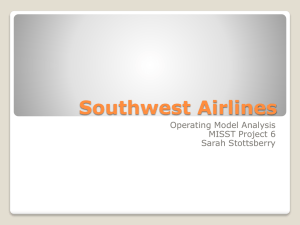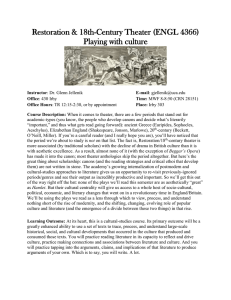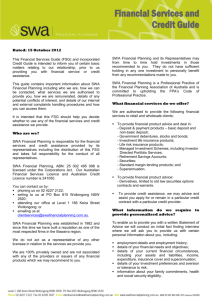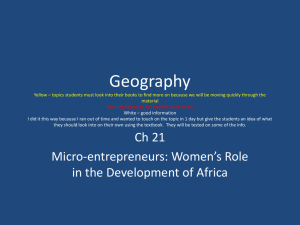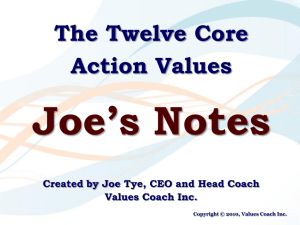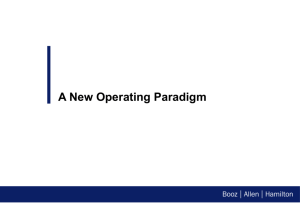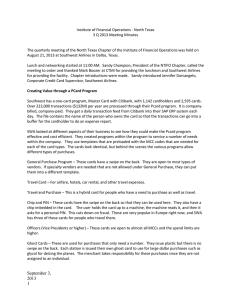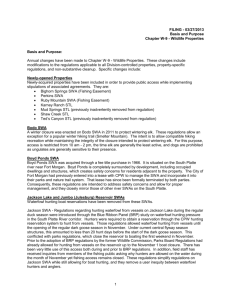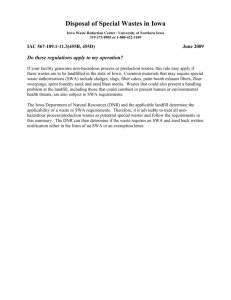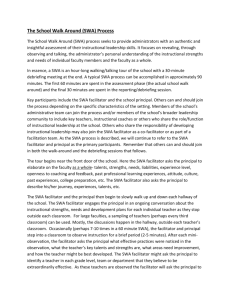Sue Yardley EOI for northern rep
advertisement
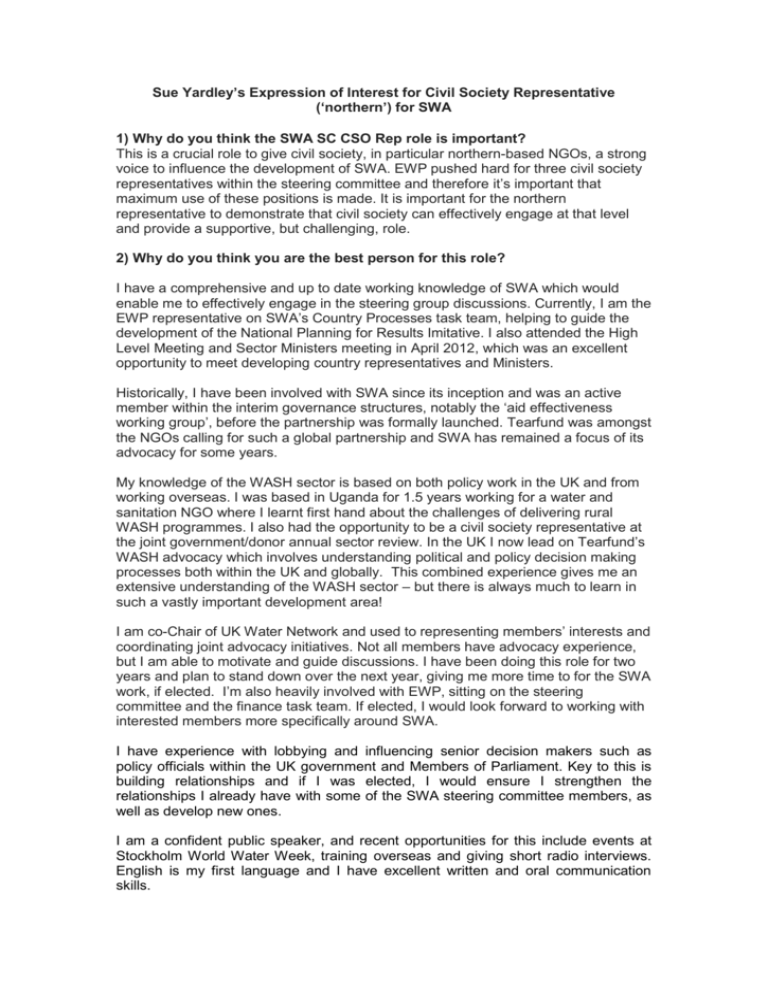
Sue Yardley’s Expression of Interest for Civil Society Representative (‘northern’) for SWA 1) Why do you think the SWA SC CSO Rep role is important? This is a crucial role to give civil society, in particular northern-based NGOs, a strong voice to influence the development of SWA. EWP pushed hard for three civil society representatives within the steering committee and therefore it’s important that maximum use of these positions is made. It is important for the northern representative to demonstrate that civil society can effectively engage at that level and provide a supportive, but challenging, role. 2) Why do you think you are the best person for this role? I have a comprehensive and up to date working knowledge of SWA which would enable me to effectively engage in the steering group discussions. Currently, I am the EWP representative on SWA’s Country Processes task team, helping to guide the development of the National Planning for Results Imitative. I also attended the High Level Meeting and Sector Ministers meeting in April 2012, which was an excellent opportunity to meet developing country representatives and Ministers. Historically, I have been involved with SWA since its inception and was an active member within the interim governance structures, notably the ‘aid effectiveness working group’, before the partnership was formally launched. Tearfund was amongst the NGOs calling for such a global partnership and SWA has remained a focus of its advocacy for some years. My knowledge of the WASH sector is based on both policy work in the UK and from working overseas. I was based in Uganda for 1.5 years working for a water and sanitation NGO where I learnt first hand about the challenges of delivering rural WASH programmes. I also had the opportunity to be a civil society representative at the joint government/donor annual sector review. In the UK I now lead on Tearfund’s WASH advocacy which involves understanding political and policy decision making processes both within the UK and globally. This combined experience gives me an extensive understanding of the WASH sector – but there is always much to learn in such a vastly important development area! I am co-Chair of UK Water Network and used to representing members’ interests and coordinating joint advocacy initiatives. Not all members have advocacy experience, but I am able to motivate and guide discussions. I have been doing this role for two years and plan to stand down over the next year, giving me more time to for the SWA work, if elected. I’m also heavily involved with EWP, sitting on the steering committee and the finance task team. If elected, I would look forward to working with interested members more specifically around SWA. I have experience with lobbying and influencing senior decision makers such as policy officials within the UK government and Members of Parliament. Key to this is building relationships and if I was elected, I would ensure I strengthen the relationships I already have with some of the SWA steering committee members, as well as develop new ones. I am a confident public speaker, and recent opportunities for this include events at Stockholm World Water Week, training overseas and giving short radio interviews. English is my first language and I have excellent written and oral communication skills. 3) If elected how would you communicate with members you represent? Use this answer to indicate any processes you would institute. I look forward to discussing the steering committee agenda with interested civil society members prior to each meeting, agreeing key interventions and points for me to raise. I would take my own notes, in addition to the formal minutes to share within one day of each steering committee meeting. I would also be happy to have a follow up call to discuss any implications, next steps and more informal feedback points. I would ensure that I build good working relationships with the two other civil society representatives so that our comments can be complementary and more effective. It would be important for all three representatives to join the discussion prior to each steering committee meeting. As the civil society membership of SWA has now expanded outside of EWP, I will also ensure that the representation and feedback mechanism is inclusive to allow for this. 4) How do you hope the SWA Partnership will evolve over the next two years? What might be different for the WASH sector in general if SWA grows as hoped? With two successful and well attended High Level Meetings, SWA could now be described as being ‘on the map’ and part of the international aid architecture. However, it still has a way to go to prove its added value through increased results: better progress towards the MDG targets, increased financing to where it’s needed most and strong national planning processes. We have to acknowledge that we are in a difficult economic climate, where aid budgets are under pressure to be cut, but both donor and developing countries need to meet commitments already made and SWA has a an important role in coordinating accountability around this for WASH. It was encouraging to see more donor representation at this year’s HLM, and I hope this momentum can be built upon to widen the donor membership and allow for strong leadership and involvement of donors outside of the HLMs. Within the next two years I’d envisage the SWA responding to requests from 10 of the most off track countries to help strengthen their national planning processes. This in turn, should help mobilize existing in-country and donor resources to the main sector priorities. With SWA having the longer term goal of working towards universal access to sanitation and water, it will needs to position itself well within, and respond to, the post 2015 framework.
